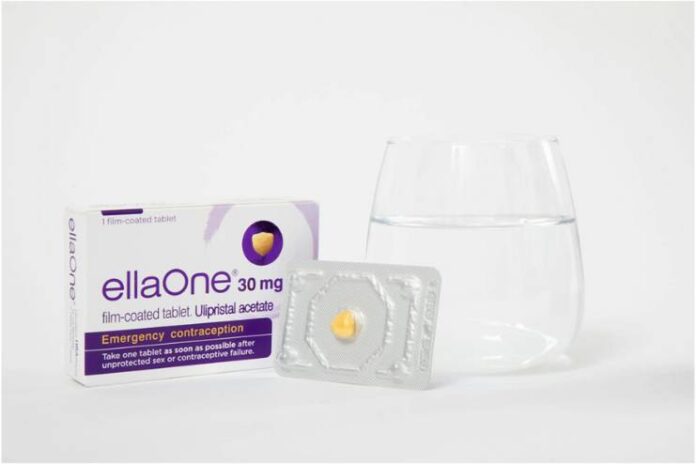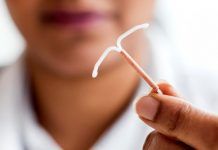Affiliate Disclaimer
Some links in this article are affiliate links. We may earn a small commission if you make a purchase through these links, at no extra cost to you. We only recommend products we find useful to our readersEmergency contraception (EC) is used to prevent pregnancy after unprotected sex or contraceptive failure. It acts as an option for defence against contraceptive mishaps like a broken condom or missed birth control pills. EC delays ovulation or prevents fertilisation so that pregnancy doesn’t occur. Understanding the effectiveness of emergency contraception is very important in making decisions related to your reproductive health. Knowing the ‘when’ and the ‘how’, any person can make use of EC to manage sexual health and unwanted pregnancies.
What is Emergency Contraception?
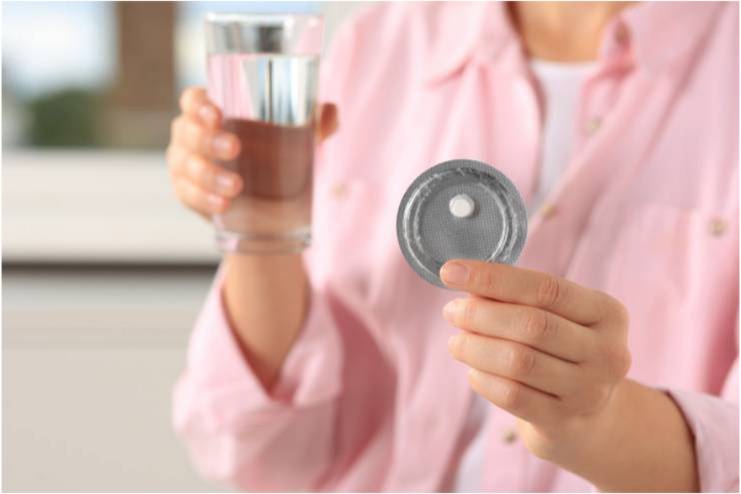
Emergency contraception is a contraceptive measure taken after having unprotected sex or experiencing contraceptive failure to prevent an unwanted pregnancy. It differs from regular birth control measures and must be used in emergencies only. It must be used as soon as possible after unprotected intercourse for maximum effect. There are two types of emergency contraception: morning-after pills and the copper IUD.
The morning-after pill is an oral medication that is taken within a certain time frame after unprotected sex. Plan B pills are more effective if taken within 72 hours, whereas Ella can be taken up to 5 days after. These pills work by preventing the release of the egg for fertilisation or delaying ovulation.
Copper IUD is another form of emergency contraception. It consists of a small, T-shaped device inserted into the uterus by a gynaecologist. It creates a hostile environment for sperm and prevents fertilisation and implantation. It may be used at any time up to 5 days after having unprotected sex.
Emergency contraception is different from abortion pills and does not harm an existing pregnancy. Regular contraception can be prescribed by doctors to prevent unplanned pregnancies. Almost half of the pregnancies in the United States have been controlled using these medications.
How Does Emergency Contraception Work?
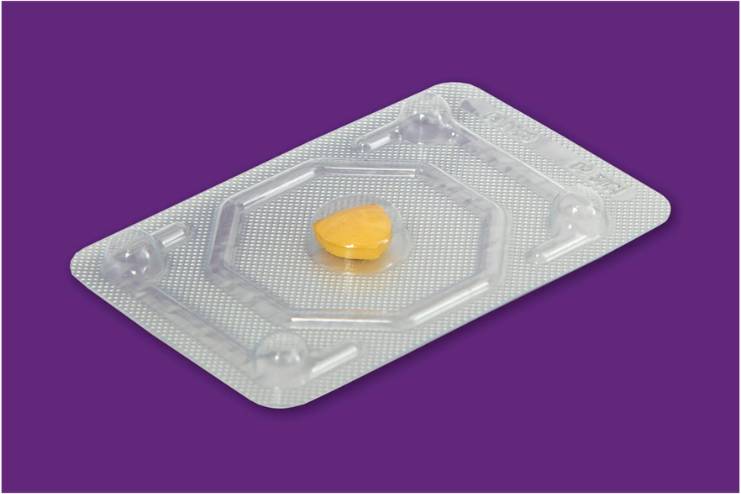
Emergency contraception works in different ways. The morning-after pills and copper IUD act differently to prevent pregnancy.
The morning-after pills delay ovulation. If eggs are not released there is nothing for sperm to fertilize. If ovulation has already occurred, these pills alter sperm and egg movement through the fallopian tubes, thereby blocking fertilisation. Emergency contraception doesn’t affect or harm an existing pregnancy.
On the other hand, the copper IUD creates a hostile environment for sperm in order to prevent pregnancy. Once a copper IUD is inserted in the uterus, it releases copper ions, which are toxic to sperm. This action affects the mobility and viability of sperm so that they can no longer swim towards an egg and fertilise it. IT also changes the lining of the uterus and becomes very unfavourable for the fertilised egg if fertilisation does occur.
It reduces the chances of pregnancy either by preventing ovulation or by fertilisation in case of unprotected intercourse or failure of other forms of contraception.
When and How to Use Emergency Contraception
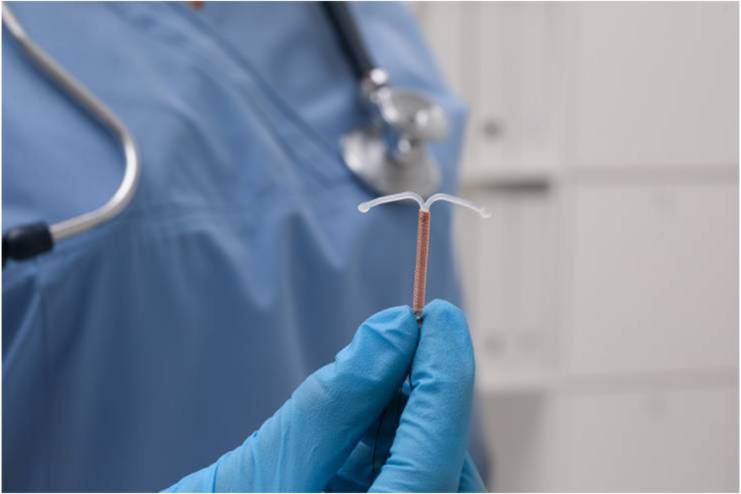
Emergency contraception has to be taken immediately after unprotected intercourse or contraceptive failure.
Using Morning-After Pills:
- Get the Pill: You can buy an over-the-counter contraceptive at pharmacies. However, certain pills need a prescription from a doctor.
- Take the Pill Right Away: Plan B pills work best when you take them within 3 days after unprotected sex. You can take Ella for up to 5 days as well, but it works better if you take it sooner.
- Follow Instructions: Take the pill after carefully reading the instructions in the package. It’s usually a single dose, but some may consist of two doses.
Copper IUD Insertion:
- Consult a Doctor: Make an appointment with your gynaecologist to discuss the possibility of getting a copper IUD.
- Timing of Insertion: The copper IUD needs to be inserted within the first five days of having unprotected sex to work as emergency contraception.
- Insertion procedure: It is placed in the uterus by a healthcare professional. This will take only a few minutes.
- Aftercare: Follow your doctor’s aftercare instructions.
Effectiveness of Emergency Contraception
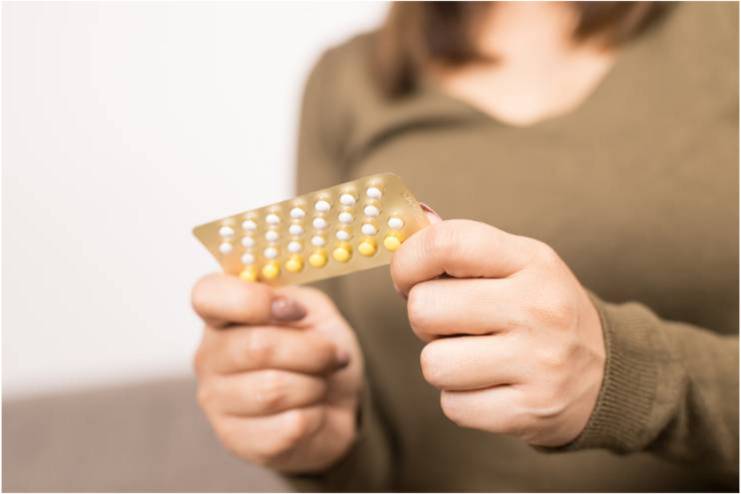
Emergency contraception is highly effective in preventing pregnancy. Success rates depend on the type of emergency contraception used and the timing of the administration.
Morning-After Pills:
- Plan B (Levonorgestrel): Plan B reduces the chance of unwanted pregnancy by 87-90% if taken within 72 hours after the act. It remains effective up to 5 days after intercourse; however, its effectiveness reduces over time.
- Ella (Ulipristal Acetate): It is effective up to 120 hours or 5 days after the act, and its effectiveness is constant throughout this phase. Ella has succeeded in 85-88% of cases.
According to an observational study by Rodrigues, Grou, and Joly, the efficiency of morning-after pills, such as Plan B, was 87%-90% when taken within 72 hours and 72% to 87% effective between 72 and 120 hours. The pregnancy rates were 0.8% among those who used it within less than 72 hours and 1.8% in those who used it from 72 to 120 hours. This clearly shows the necessity for early administration.
Factors that influence the efficacy of emergency contraception include timing of administration, menstrual cycle, and body weight. For example, Plan B might be less effective when increasing BMI.
Overall, emergency contraception was seen to reduce the possibility of unplanned pregnancy when used correctly and on time. Women are therefore advised to consult a gynaecologist and then choose an emergency contraception immediately without much delay.
Considerations and Side Effects

While emergency contraception is generally safe and effective, it’s important to know the possible side effects. Usually, emergency contraception side effects are very mild and short-lived and vary from person to person.
Common Side Effects:
- Headache
- Abdominal Pain
- Tiredness (Fatigue)
- Dizziness
- Nausea
- Breast Pain
- Menstrual Changes
Considerations:
- Age: It’s safe for most women and teens. There is no age limit for emergency contraception.
- Health Conditions: Women with certain medical conditions should consult a doctor before taking any emergency contraception. For example, women with advanced liver disease, vaginal bleeding, or a history of an ectopic pregnancy should consult a gynaecologist.
- Weight and BMI: The efficacy of some pills, like Plan B, is reduced with increased body mass index. In these cases, Ella or the copper IUD are recommended.
Conclusion
Emergency contraception is taken after unprotected sex or contraceptive failure to avoid pregnancy. Be aware of how to use it, its mechanism, and its effectiveness in order to make an informed decision before use. Morning-after pills, such as Plan B and Ella, and the copper IUD, offer effective options with varying degrees of success.
In this Article













